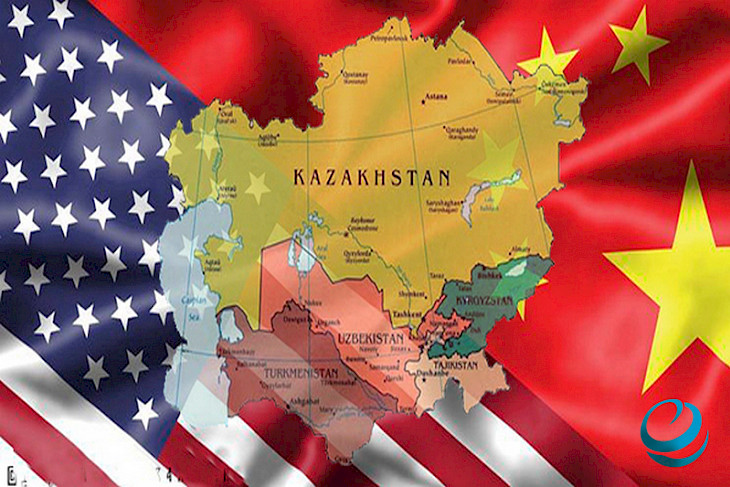Central Asia is becoming a key region in the geopolitical struggle between the United States and China, writes the Turkish publication Daily Sabah.
The U.S. is reassessing its foreign policy, focusing on economic pragmatism and realism. Meanwhile, China is strengthening its influence in the region by investing in infrastructure and energy.
By encouraging investments and reforms in Central Asia, the U.S. aims to reduce the region's dependence on Russia and China.
In the geopolitical game, U.S. strategy encourages China to concentrate resources on maritime operations, potentially weakening its influence in Central Asia. At the same time, China is investing heavily in Central Asia's infrastructure and energy, contributing to the growth of trade.
China is the largest buyer of energy resources from Central Asia, increasing its dependence on the region, which plays a key role in ensuring China's energy security and serves as a transit route for trade and investment.
For the U.S., the region is becoming important in the context of curbing China's influence and strengthening its own positions.
A recent Central Asia Barometer study showed growing concern about Chinese investments in Kazakhstan and Kyrgyzstan. In the latter, negative perceptions of Chinese economic activities have led to protests against the development of the Kumtor mine.
The Belt and Road Initiative is losing popularity among the population of Tajikistan. Kyrgyzstan and Tajikistan have significant debts to China, which is causing discontent.
Against this backdrop, the U.S. is urging the region to use its strategic position to counter Chinese policies.
As events in the great geopolitical game unfold, Central Asia’s role is becoming increasingly significant, making it critically important for both American strategy and global dynamics, the article concludes.
CentralasianLIGHT.org
October 1, 2024

